Recently, according to the local Ethiopian media reporter network, under the leadership of Ethiopian Prime Minister Abiy, the Ethiopian Investment Commission (EIC) has issued a new law that will allow foreign enterprises to participate in import and export, wholesale, and retail trade businesses.
It is understood that due to the policy formulated by the early Ethiopian government to protect specific areas from investment competition, which is intended to protect domestic investors and protect them from the competitive pressure of foreign investors. Therefore, for so many years, the import and export, retail, and wholesale industries have been prohibited from being participated in by foreign investors or companies.

According to the new policy, now foreign investors can participate in the retail trade investment that was previously limited to local investors only. In the export industry, foreign investors can now be involved in the management of coffee, khat (qat), oil seeds, beans, raw hides, forest products, poultry, and livestock. In terms of imports, foreign investors can engage in all import trades except for fertilizers and oil.
However, the new policy also states that foreign investors or investing companies need to meet the restricted commodity requirements of the new policy and meet the corresponding conditions to obtain a license. For example, foreign enterprises that wish to obtain a coffee export license need to provide supporting documents to prove that for at least three consecutive years before applying for the license, they purchase coffee worth at least 10 million US dollars annually, and there are the same amount requirements for other products, except for the difference in the amount.
In this regard, the deputy director of the Ethiopian Investment Commission stated that making this decision is not easy, but foreign investors have shown great interest in it. The new policy will bring significant changes to the trading system.
And a legal expert who provides commercial legal services for multiple industries predicted that foreign companies, especially companies in the coffee industry, will queue up to apply for export licenses. In addition, it is believed that this policy can be beneficial to Ethiopia’s economy, because foreign investors are more interested in participating in the international trading system than local people.
However, there are still many problems in local Ethiopia at present. The armed group “Fano” is still active in the Amhara region of Ethiopia and frequently has conflicts with the government army. In addition, in mid-April, the Tigray People’s Liberation Front launched a military operation and controlled the area near the Alamata town.
Therefore, for the current conflict situation, some investors analyzed that the political instability, social instability, and security risks brought about by the conflict and war will make investors concerned about the investment environment and reduce their investment intentions. Secondly, war may cause damage to the country’s infrastructure, production capacity, and supply chain, resulting in restrictions on production and business activities. Therefore, risk assessment needs to be done well before investing.
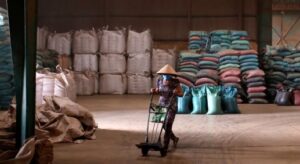
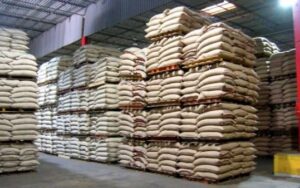








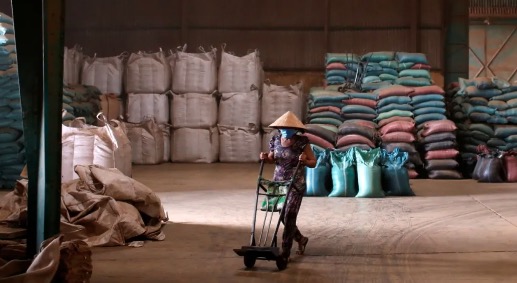
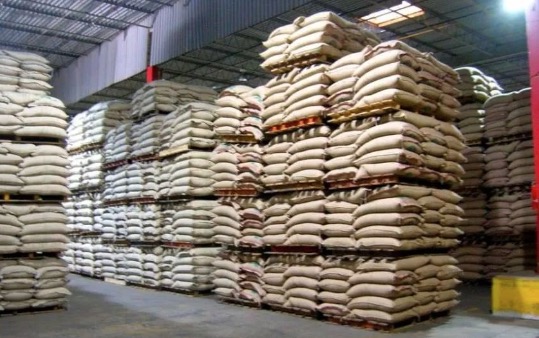


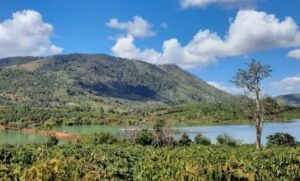
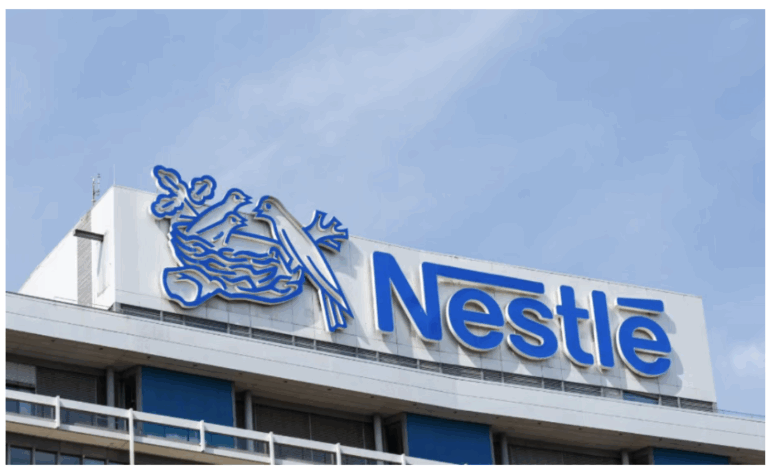



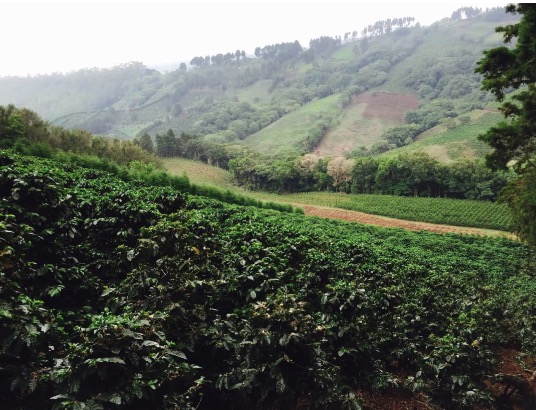
+ There are no comments
Add yours